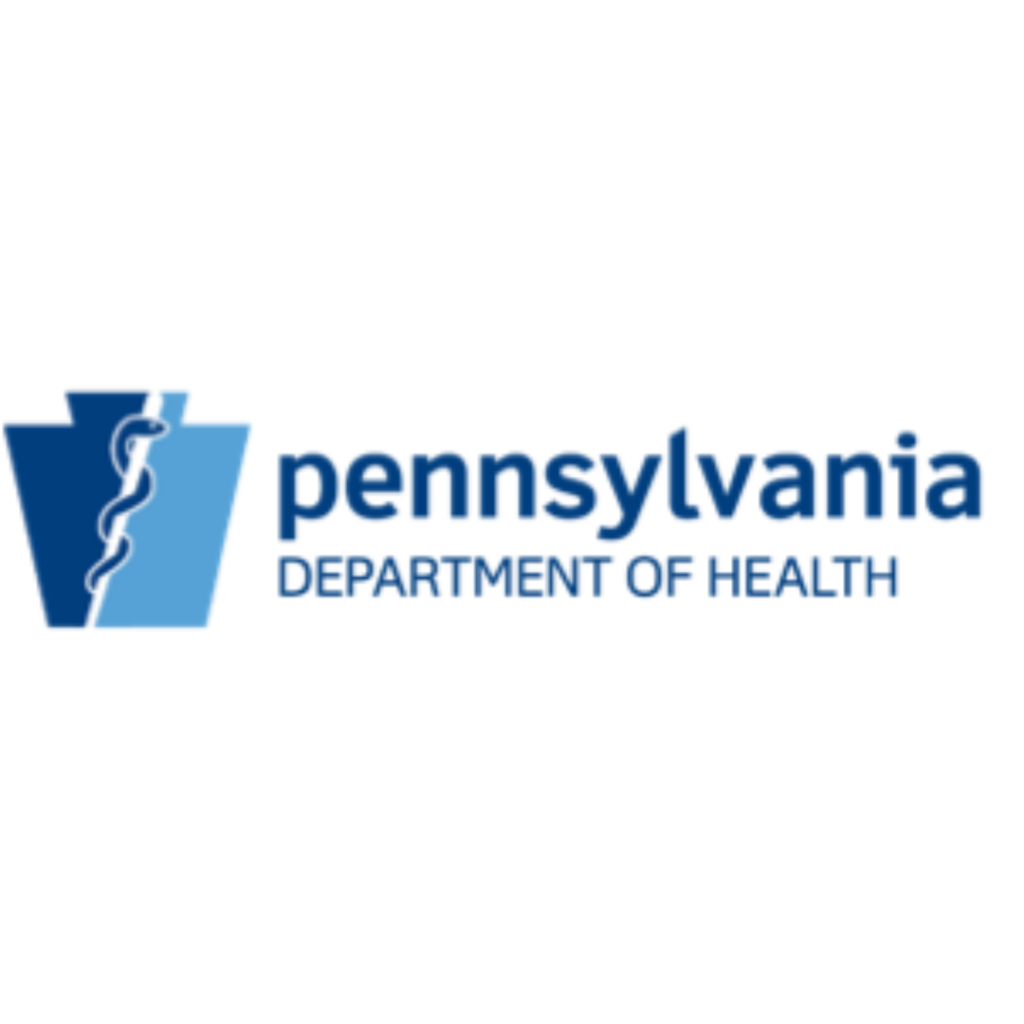Medically vulnerable infants in Pennsylvania will have expanded access to potentially life-saving pasteurized donor human milk thanks to legislation recently passed by the legislature and signed by Governor Josh Shapiro.
Act 32 of 2023, Owen’s Law, takes effect this week and increases access to pasteurized donor human milk by expanding the number of health conditions eligible for Medicaid-covered donor human milk. This law can help supplement a mother’s milk, and provide more options to support healthy growth for infants.
“Pasteurized donor human milk can be lifesaving, and the Shapiro-Davis Administration wants to make it easier for infants who need it to have access,” said Acting Secretary of Health Dr. Debra Bogen during a news conference at the Mid-Atlantic Mother’s Milk Bank in Pittsburgh. “Milk banks like this one, and the one at Children’s Hospital of Philadelphia, make it possible for all infants who need donor milk as medicine to get it if their mother’s own milk is not available to meet their needs.
“The Department and the Shapiro Administration would like to specifically recognize the prime sponsor of Senate Bill 500 Senator Michele Brooks, Health & Human Services Committee Majority Chair, who helped ensure swift passage of the bill,” added Dr. Bogen.
Key components of the law include:
- Expanding the number of medical conditions that qualify for Medicaid coverage for pasteurized human donor milk;
- Requiring the Department of Health (DOH), in consultation with the Department of Human Services (DHS), to produce a public information campaign on the availability of pasteurized human donor milk; and,
- Tasking the Department of Human Services (DHS) with creating and updating guidance about the usage of donor milk.
Pasteurized donor human milk is evidence-based nutritional medicine that is essential to medically fragile infants’ health. It is often difficult for mothers with infants in neonatal intensive care units to provide enough breast milk to meet all their infants’ needs, despite strong effort and adequate lactation support.
“The injustices inflicted on Black mothers and families echo through the present and are a foundation of today’s inequities, which result in worse health outcomes for Black mothers and babies,” said Pennsylvania Second Lady Blayre Holmes Davis. “However, we have the opportunity to rectify those injustices and end the inequities. Providing pasteurized donor human milk for children covered by Medicaid is one way to address equity issues, so financial concerns don’t stand in the way of babies receiving what they need to survive and thrive. This new law is an important step toward preventing infant mortality.”
“For some mothers, breastfeeding may not be a feasible option. No matter what, that is OK. Where medically necessary, pasteurized donor human milk is available and covered through Medicaid,” said DHS Special Advisor Sara Goulet. “Thanks to Owen’s Law, we’re able to provide this coverage in more cases and continue to assist all parents so they have the support they need and deserve to raise healthy babies.”
The Shapiro-Davis Administration is committed to working with Pennsylvania’s two human milk banks to improve access and equity among donors and recipients.
“At the milk bank, we have seen how a sick infant can thrive on donor milk and look forward to continuing to serve vulnerable babies and their families with this expanded coverage. When Owen’s Law goes into effect, donor milk will be more readily available and accessible to babies across PA like Owen, whom the bill was named after,” said Denise O’Connor, Executive Director, Mid-Atlantic Mothers’ Milk Bank. “Thank you to the Shapiro-Davis Administration for your leadership in bringing Act 32 to PA.”
“The Mothers’ Milk Bank at CHOP applauds the passage and signing of PA Senate Bill 500 as a pivotal step towards ensuring access to essential pasteurized donor human milk,” said Meghan Devine RN, BSN, IBCLC, Manager, Lactation and Mothers’ Milk Bank at Children’s Hospital of Philadelphia. “This legislation not only expands healthcare coverage but also champions the well-being of our tiniest citizens. It highlights the importance of human milk and promotes its use for healthier beginnings. We celebrate this landmark achievement, recognizing the enduring impact on the health and happiness of our future generations.”
According to the Centers for Disease Control and Prevention (CDC), breastfeeding is important for babies because they experience a boosted immune system, fewer ear, respiratory, and gastrointestinal infections, reduced risk of developing diabetes, obesity, asthma, and some cancers, and decreased risk for Sudden Unexplained Infant Death Syndrome (SUIDS).
The Health Department’s 2023-2028 State Health Improvement Plan (SHIP) identifies health priorities, goals, measures, and strategies to address health issues across the Commonwealth, and breastfeeding is an indicator of improving maternal and infant health outcomes.
More information about mother’s milk banks can be found on the Department of Health’s website.




